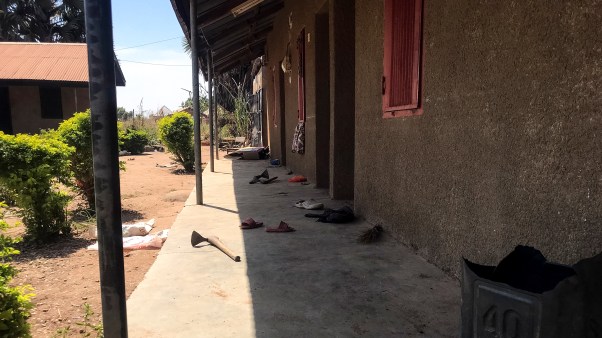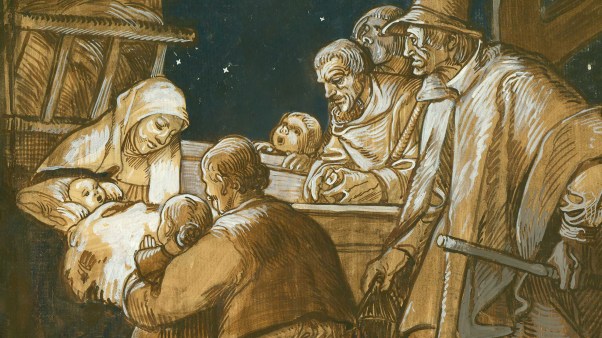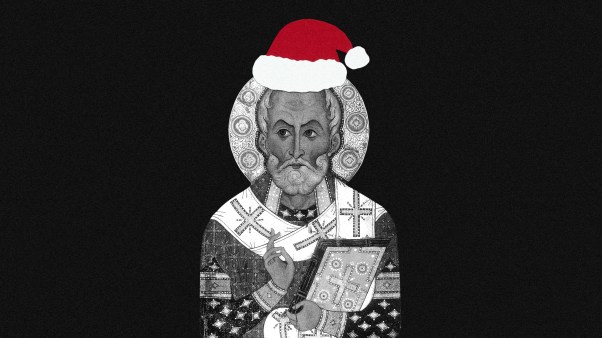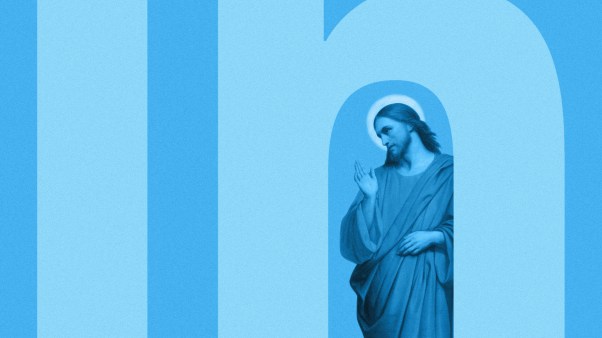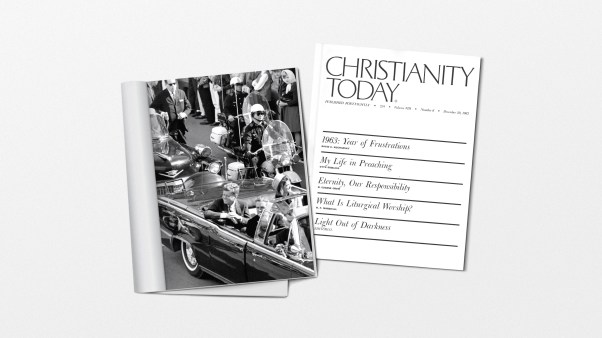Charles Haddon Spurgeon was a prince among preachers. His dynamic prayer life multiplied his usefulness as a servant of God. Had Spurgeon been prayerless he would never have reached the heights he did; he would never have preached to thousands of people every Sunday: nor would he have seen the large number of conversions that resulted from his preaching.
In Russell H. Conwell’s biography of Spurgeon, he recounts this instance of answered prayer. “One night Spurgeon was praying that the Lord would provide funds with which to supply the necessities of the orphanage. At the same time, a stranger was walking the foggy streets of London. He had never seen Spurgeon nor read any of his sermons. He had only heard his name. The impression on his mind that same night was so great that he determined to visit Spurgeon. He found it impossible to break away from this fascinating impression. He rang Spurgeon’s doorbell, insisted upon seeing him, and gave him a large sum of money. He refused to leave his name with Spurgeon, simply saying that he ‘lived many miles away.’ Afterward, he sent another large gift saying that the pleasure he had received from the first donation had made it one of the best investments of his life.”
When construction began on his long-awaited dream, the great Tabernacle, Spurgeon prayed that no workman might be injured. His prayer was so distinctly answered that, when the construction of a large business house near Ludgate Circus was begun, Spurgeon was beseeched by the owners to come and offer the same prayer in connection with their enterprise. Though many old buildings were torn down and some very large ones built, no persons were injured, and the buildings were completed, to use the owners’ expression, “with songs of grateful joy.”
Many times Spurgeon offered prayer in one place and it was answered in another through impressions made upon minds with whom there was no direct or indirect means of communication. The great revivals at the Tabernacle presented numerous illustrations of this fact. Spurgeon prayed, and while he was praying or immediately thereafter, some person, at a distance, felt it his duty to serve God in just the way Spurgeon had asked.
A remarkable case occurred when Spurgeon, at the request of friends, offered a special public prayer for the conversion of a relative who was in Australia. They had never mentioned Spurgeon or his work to their relative, and he had never read anything of Spurgeon nor remembered that he had ever heard his name. He was not attending church in Australia, nor had he been a regular attendant at any church or chapel before he left England. On the very day and at the very hour when Spurgeon offered this most fervent prayer, this relative was at work on a building in Melbourne. He stopped while carrying a beam from one part of the building to another and said he was unable to go further, so quickly and so deeply was he impressed with a sense of his responsibility to God and of his own sinfulness. Tears came to his eyes, his hands trembled, and he felt that he was forsaken of God because he had led such an unrighteous life. He was in no sense a criminal or immoral man, but this supernatural impression was so deep upon him that he notified the superintendent that he must go to his boarding house. He fell upon his knees and prayed for God’s forgiveness, and there received, as he afterward testified, the “Light of Grace which reconciled him with his God.” That same night before going to bed, he wrote to his relatives in London, telling them how he had, without the advice or guidance of any human being, been led to seek Christ.
Spurgeon’s own son was converted in much the same way. It was direct answer to his (Spurgeon’s) prayers. A concerned friend, Mr. Drysdale, felt it his responsibility to show the young man the way of righteousness, and that impression to speak for Christ came to him with singular directness at the very hour when Mr. Spurgeon was praying that his son might be redeemed.
-from When You Pray by Harold Lindsell
Copyright © 1980 by the author or Christianity Today/Leadership Journal. Click here for reprint information on Leadership Journal.




